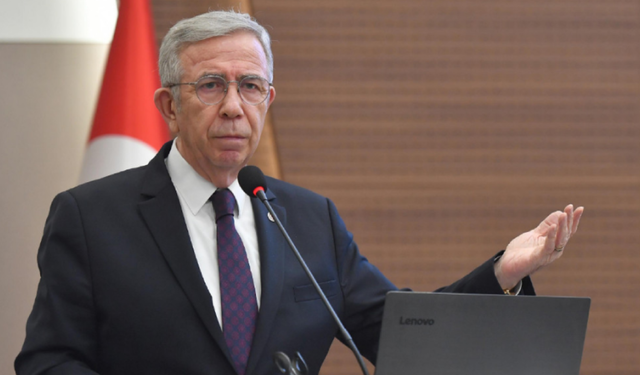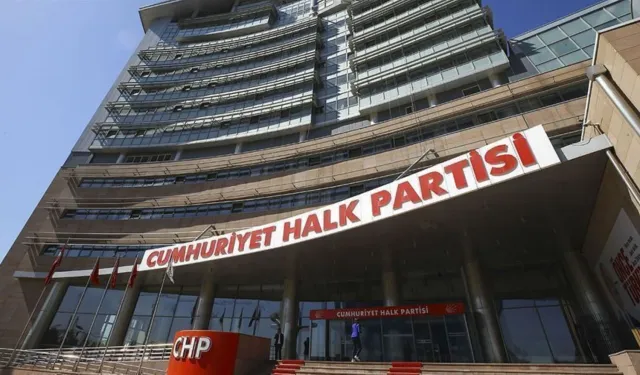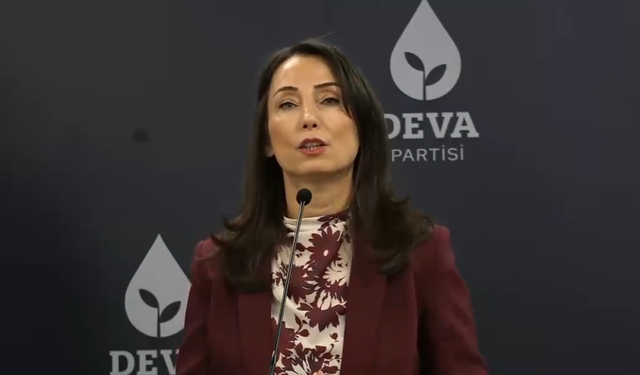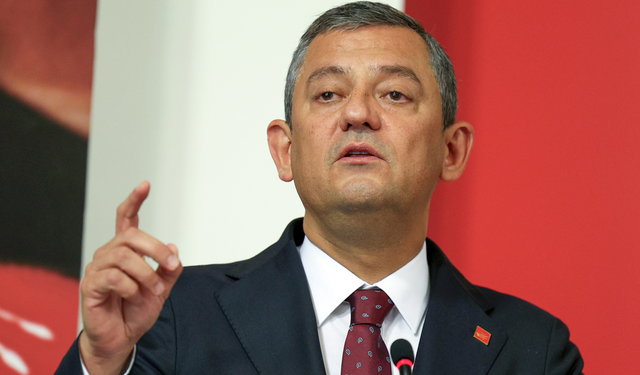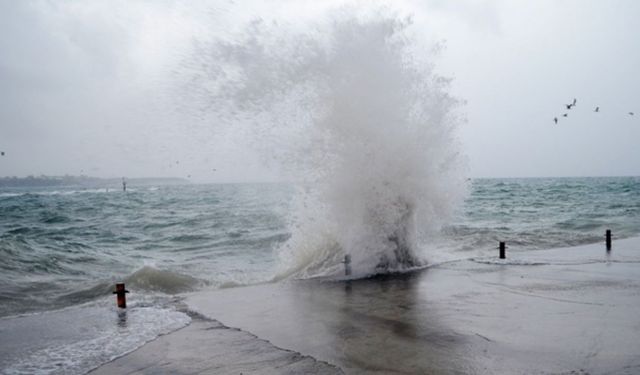Recently, we have seen the efforts of irregular migrants from Iraq, Syria, Afghanistan, and Yemen to cross into EU countries on the Poland-Belarus border, which constitutes the EU's external boundary line. It is reported that the number of refugees at the Belarus border has reached about 20,000, and Poland has so far deployed around 12 to 15,000 soldiers. Russia's role in the current situation lies in its policy of deterrence against the Western threat. Through Belarus, which is accused of encouraging an influx of immigrants into Europe today, Russia demonstrates to the West that questioning and testing Russia's actions in Eastern Europe and the Black Sea has a price. With a military mobilization, Russia turns the crisis into a tool to display its own trumps.
THE EXTENT OF THE CRISIS AND ITS POSSIBLE EFFECTS
This new migration route from Asia and the Middle East to Europe has a political dimension as in each migration crisis. This time, however, the extent of the crisis is a little deeper. Belarus, just like Ukraine, is in a geographical position where Russia and the West's strategic sphere of influence overlap. This gives Belarus the opportunity to approach Russia in order to enable the West to produce policies in line with its own interests. Belarus' action with Russia might make the EU consider changing its sanctions policy towards Belarus' fragile economy to prevent Russian intervention, according to Belarus. In other words, considering that Belarus has a weight in favor of Moscow in the power scales between Europe and Russia, Minsk also shows that it has some tools in its hands like using a refugee crisis, making the EU think about changing its penal policy. Eventually, The EU has so demonstrated its weakness in the incoming waves of immigration that Europe's soft belly has now become a matter of immigration.
The part of the issue up to this point can be seen as the common denominators of migration crises that have political reasons, even though there is no justification for creating humanitarian crises. In February 2020, The transformation of the migrant crisis in Pazarkule, the border gate of Turkey with Greece, into a political bargain with Europe was close to the image experienced at the Belarusian border today. Nevertheless, it should be remembered that the Pazarkule crisis has helped to expand Turkey's negotiations on issues such as the opening of narrowed dialogues with the EU and visa liberalization and the renewal of the Customs Union.
Here the situation is different. Europe, which has made agreements with the countries around it out of concern about immigration, this time has a stern stance on the issue developing on the Belarus line. As it thinks that Belarus is blackmailing the EU by using refugees, and Russia triggers this crisis and forces the resilience of the North Atlantic union.
RUSSIAN INTENTION
There is a high probability that Europe will face a grave outcome in the crisis on the Belarus-Polish border, since the basis of the crisis is based upon Russia's strategic conflict with the EU and the USA in a geography stretching from the Black Sea to Eastern Europe. Russia has been trying to expand its area through the military exercises it has currently carried out in this geography, and through the political moves by supporting the separatists, as in the case of Ukraine. The fact that Europe thinks that Russia has direct ambitions behind this migration crisis is the most important reason why it will more likely to maintain its harsh stance against Minsk. The possibility of Western pressure on Minsk to gain a military dimension also facilitates Russia's work. Hence, against this possibility, there is the deployment of Russian combat aircraft and air defense systems to Belarus with the support of Russia.
The focus of the international community's attention on the Belarusian-Polish border, on the other hand, seems to have allowed Russian troops to be deployed on Ukraine's eastern border. Particularly after the recent tension between Ukraine and Russia in the Donbass region, "significant and unusual" Russian military movements were observed on the Ukrainian border, according to NATO.
The Belarusian migration crisis, which opened up space for the mobilization of Russian military forces, also means that Russia will likely press against the EU to "protect" its military presence in Belarus. It seems that the country that will be most affected by this situation will likely be Poland, which also ordered UAVs from Turkey due to its tense relations with Russia.
WHERE IS TURKEY IN THIS CRISIS?
Turkey has become a part of the refugee crisis between Belarus and Poland in two ways. The first is the issue of threatening sanctions on Turkey's allegations that it transported immigrants to Belarus by air, which triggered the crisis to reach this level. European officials also gave the message that anyone involved in the movement of migrants to Belarus and human trafficking, including transit countries, will be sanctioned. Poland, which is negotiating with Turkey for the purchase agreements for 12 Bayraktar TB-2 SİHAs, is the country behind these claims. While Turkish Airlines denied these allegations, Turkey stopped selling tickets to citizens of Afghanistan, Iraq, Syria, and Yemen who wanted to go to Belarus.
This shows that Turkey attaches great importance to the sale of UAVs to Poland and the measures it has taken to avoid a possible conflict with the West. Because these crises in the region between the Baltic Sea and the Black Sea generally contain some certain risks for Ankara. Therefore, by taking its position with the West, Turkey responds this time by taking its position with the West to Russia's policy of widening the cracks in the Western alliance by taking advantage of the differences in the policies of the Western Bloc countries towards itself.







